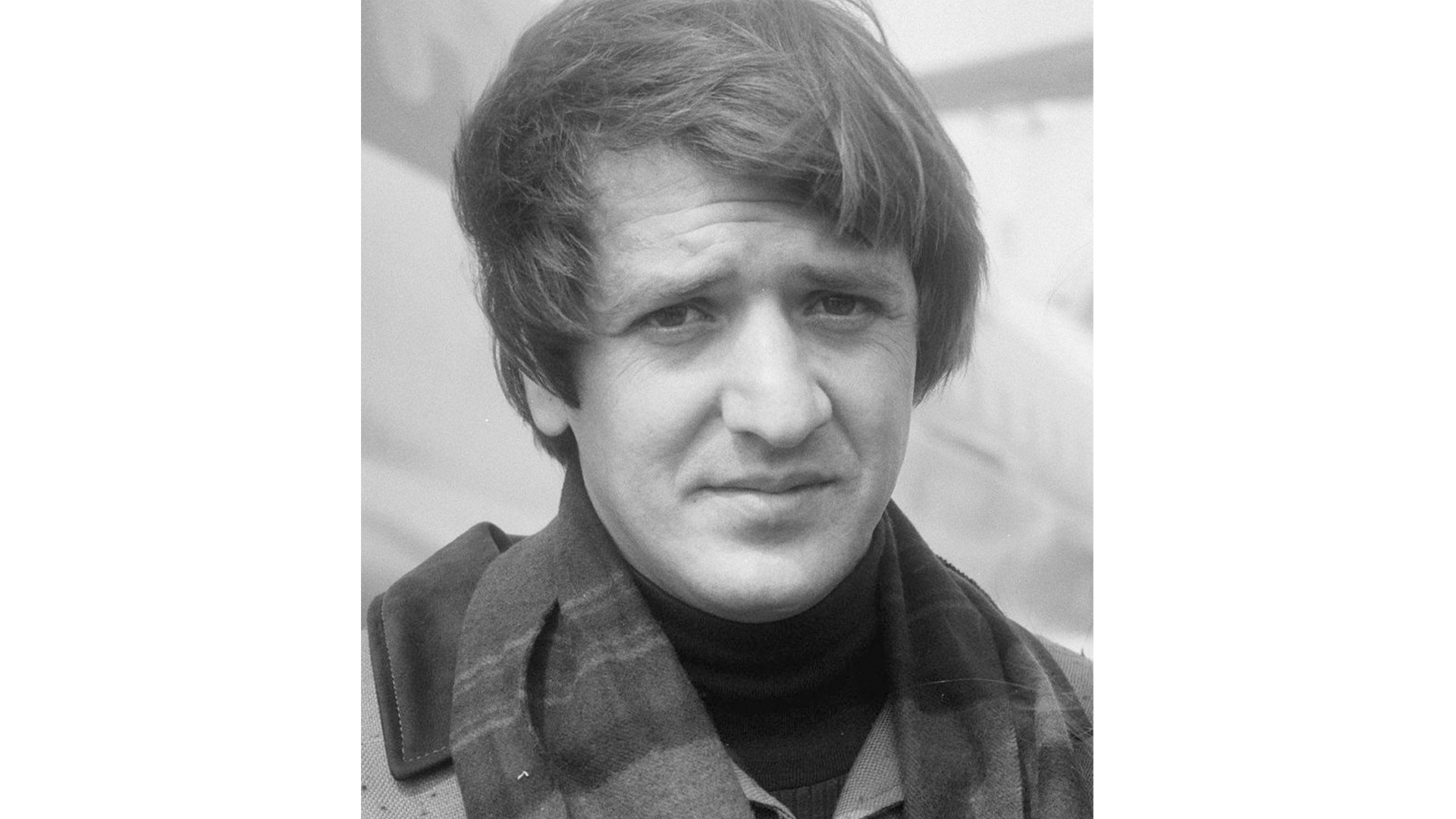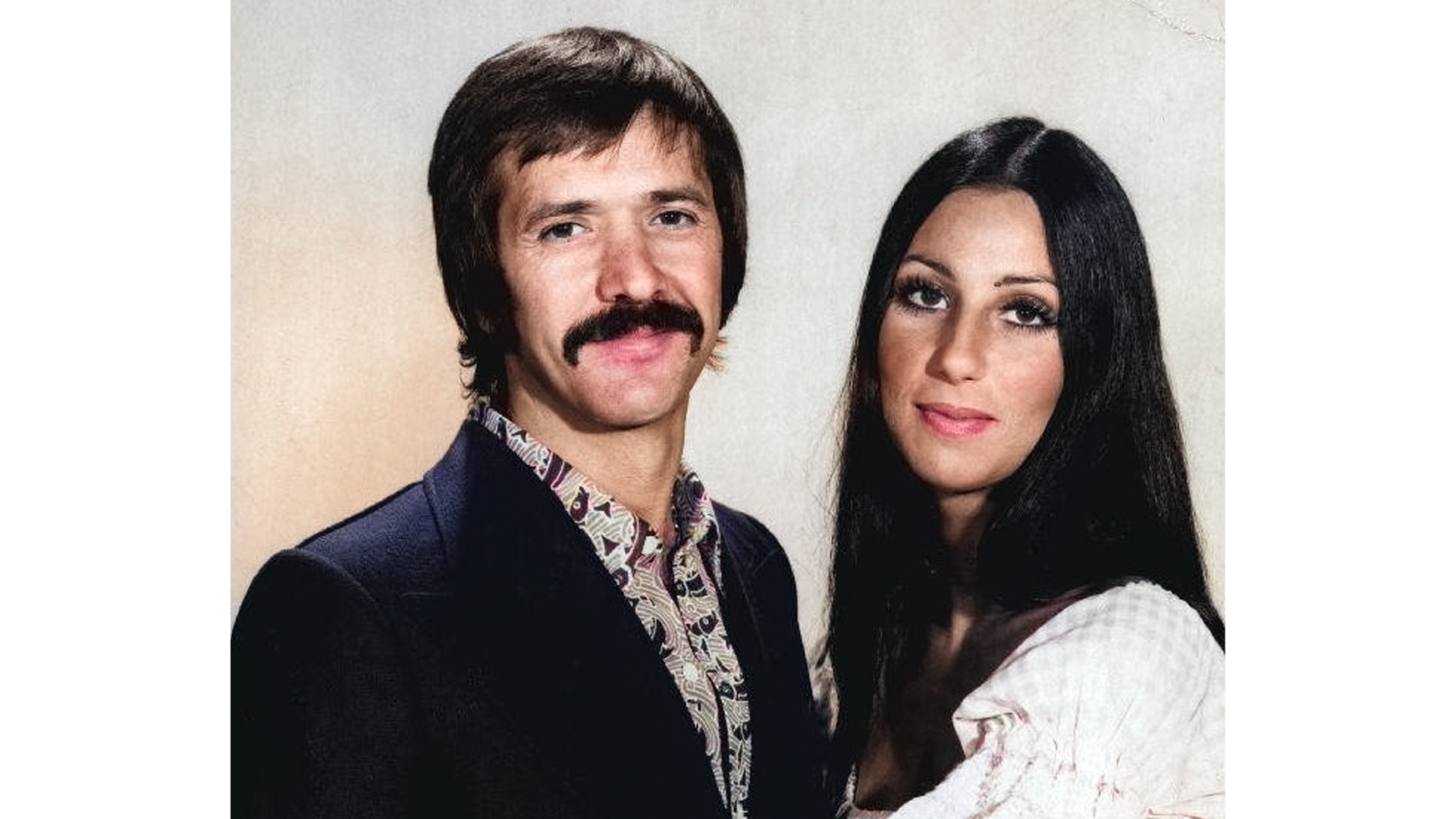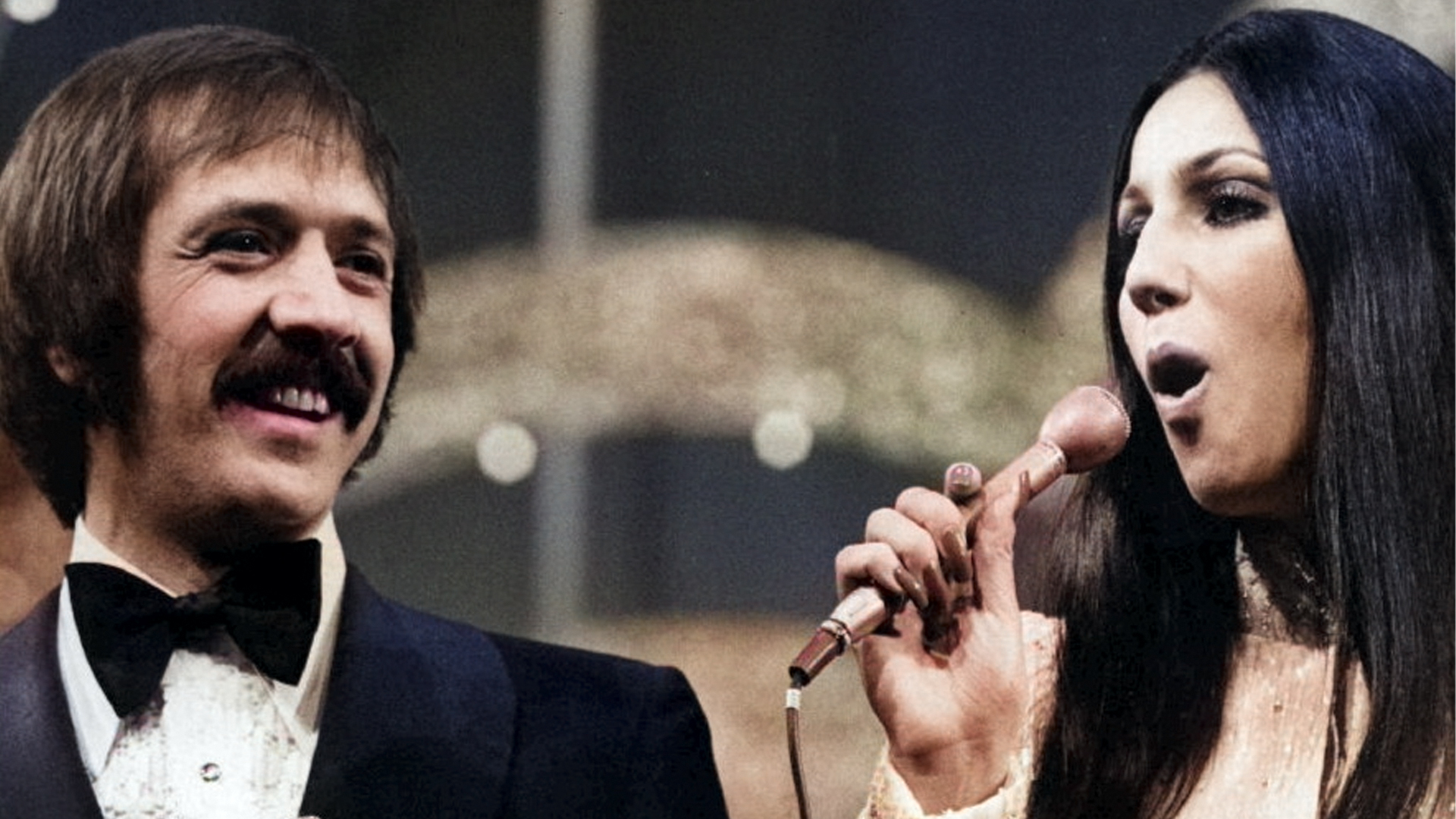In the 1960s, a person could hardly turn on their radio– or TV– without encountering Sonny Bono. Known for his musical partnership with Cher, whom he was married to at the time, Bono was a transformational force in the music industry as a songwriter, producer, and performer.
Born Salvatore Phillip Bono in Detroit Michigan, he got his stage name from his Italian American family. His mother would affectionately call him Sono. Over time, Sono evolved into the more Americanized Sonny, and the nickname stuck.

Bono was already writing songs in his teenage years. By the time he was sixteen, acts had already recorded his songs. Following the taste of success, Bono dropped out of high school to fully pursue his craft, joining Specialty Records as a songwriter. While there, Bono wrote and produced music for Same Cooke, Larry Williams, and Little Richard– some of the biggest names in R&B at the time.
Then, Sonny went on to work with perhaps the most infamous producer of all time: Phil Spector. Working with Spector was a turning point for Bono. Whatever Bono lacked in natural talent, he made up for with his determined spirit and ability to learn and adapt. With Spector, he found himself at the right place at the right time and used the period to learn the ins and outs of production– and the avant-garde Wall of Sound. All the while, he and Cher were gaining experience and exposure as backup singers on some of Spector’s greatest records.
In 1964, Sonny and Cher struck out on their own and made their debut– changing popular music forever. Their debut album, 1995’s Look At Us, peaked at No. 2 on the Billboard charts and was home to the iconic No. 1 hit, “I Got You, Babe.” On paper, one wouldn’t have predicted Sonny and Cher’s massive success as a duetting couple. Neither singer had a particularly traditional voice, and there wasn’t much contrast between their voices, either. However, that never stopped the couple. They believed in their music with such force that the world had no choice but not to, as well. Their quirks became endearing– as did their sense of humor and big personalities.

Sonny & Cher were everywhere on TV– making audiences laugh and sing. When their career hit a dry spell in the late 60s, Sonny hatched a new plan and got them into the Vegas scene, where they leaned in even harder to their antics.
Sonny’s plan worked. By the 1970s, Sonny and Cher were on top of the world again. Together, they hosted the Sonny & Cher Comedy Hour. The show was a hit and earned fifteen Emmy Award nominations during its run.
Ultimately, the story of Sonny and Cher is as much about grief as it is about joy. The couple’s marriage had deteriorated by the end of the decade, and in 1975 they got a divorce. In 1978, the Sonny & Cher show ended as well. From that time on, Sonny and Cher went on to chase separate dreams.
Only twenty years later, Bono would die an untimely, tragic death.
However, Sonny’s story (and Cher’s for that matter) has never been one about endings, despite all the reasons it could be. While Sonny is owed tremendous credit for the folksy-rock sound that proliferated in the 60s and beyond, his most powerful legacy is his grit and resilience in an industry that would have been content to count him out.
Natalli Marie Amato
Natalli Amato is a music and lifestyle journalist from Sackets Harbor, New York. Her bylines include Rolling Stone, Vice, and The Boot. She is also the author of several collections of poetry.


